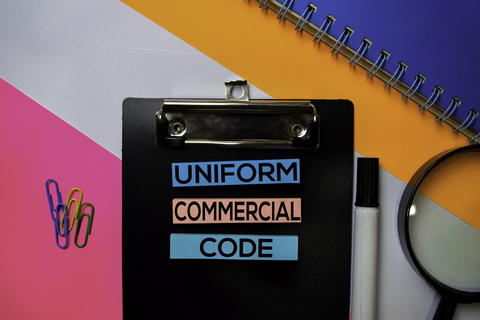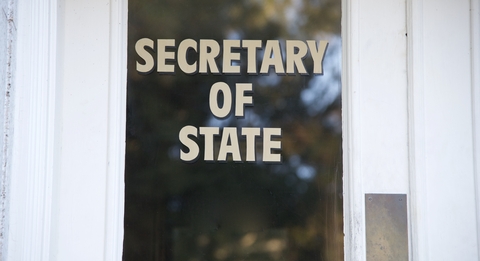UCC Filings: A Powerful Tool for Investigators
The Uniform Commercial Code (UCC) is a set of laws governing commercial transactions in the United States. While it may seem like a dry legal topic, UCC filings are public records, and they include a wealth of information about individuals and businesses that investigators can use in a variety of situations, including due diligence, asset investigations, litigation support, divorce cases, and even locates.
What are UCC filings?
UCC filings are legal documents that record security interests in personal property. When a person or business borrows money and uses personal property such as equipment or inventory as collateral, a security interest is created. This interest is then filed with the appropriate state agency, usually the Secretary of State. The purpose of a UCC filing is to allow the creditor to notify other creditors that the property is used for collateral and establish the creditor’s right to the property in case of default.
What information do UCC filings contain?
UCC filings typically contain the following information, although a lot depends on the jurisdiction: Debtor names and addresses, Creditor names and addresses, description of the property used as collateral, filing date, and expiration date. Note that, when an individual owns multiple companies, lenders often require that all or some of the companies are included as debtors. This makes these forms especially useful for identifying related firms. Also, you can spot partner names and other related individuals.
Types of UCC filings
Specific forms and procedures for UCC filings can vary from state to state, and these are the two main types of forms that you’ll see when conducting UCC searches.
UCC-1 Financing Statement – The most common type of filing, this is the initial filing of a financing statement. It allows a lender to announce a lien on an asset to secure a loan.
UCC-3 Financing Statement Amendment – These are not stand-alone statements and are used to file a termination, assignment, continuation, and party or collateral changes that affect the original UCC Financing Statement.
Challenges for research
While UCC filings can be a valuable resource,–like all public records–there are some challenges associated with researching them. These include:
Multiple Jurisdictions – A person or business may may be listed on UCC statements in multiple states, making it difficult to conduct a comprehensive search.
Name Variations – Individuals or businesses may use different names or aliases, which can complicate the search process.
Filing Errors – Mistakes or inaccuracies in filings and database entries can make it difficult to find relevant information.
Lag time – Filings may not be posted or included in databases immediately after they are created, so sometimes the records are not current.
Tips for research
To overcome these challenges and make the most of UCC filings, investigators should follow these tips:
Gather known information- Find as many name variations, aliases, entities, and locations as possible. Use all this information in your searches and add new information to the mix as you find it.
Use professional databases – Many vendors, including LexisNexis, TLO, Tracers, and others, collect UCC filings from multiple jurisdictions. That makes it easier to conduct broad searches, in case you don’t know the states in which these statements are filed.
Use multiple sources – While professional databases come in handy for searching multiple jurisdictions, they often contain errors. Misfiled and dropped records make it difficult to be accurate in your searches.
Verify at the source – The only way to be sure that you have accurate information is to search the records in the Secretary of State databases. Sometimes you even need to pick up the phone or search manual records. You can’t trust the aggregated sources to get it right.
By understanding the value of UCC filings and following these tips, investigators can use this powerful tool to gather valuable information and answer client questions. What are your favorite tips for finding and using UCC filings?



